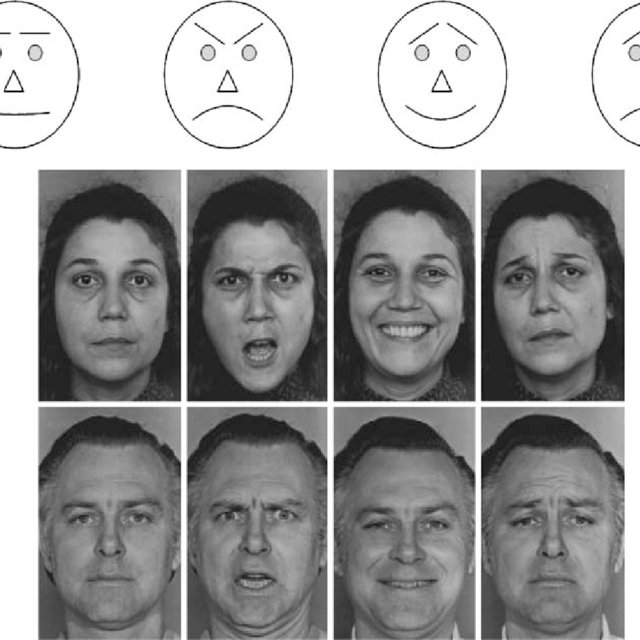How Kindness Can Stop Wrinkles
Have you ever noticed that kind and compassionate people seem to have fewer wrinkles and look more youthful than their grumpy, angry counterparts?
There may be a scientific explanation for this phenomenon.
Research has shown that kindness and compassion can have a positive effect on our physical health, including the health of our skin. When we experience stress or negative emotions, our bodies produce cortisol, a hormone that can damage collagen and elastin, two proteins that keep our skin firm and supple. Over time, this can lead to wrinkles and other signs of aging. On the other hand, when we experience positive emotions like kindness and compassion, our bodies produce oxytocin, a hormone that can counteract the effects of cortisol. Oxytocin can also boost circulation, which can help to nourish our skin and keep it looking healthy.
The skin of someone empathetic and considerate will age slower than that of someone hostile and aggressive.
Telomeres, which act as protective end caps on our DNA, can determine our biological age by their state and length. Studies have revealed that living in a stressful environment can lead to the wearing away and shortening of telomeres in our genes, causing cell death and aging. However, being in a nurturing and kind environment over time prevents telomeres' shortening, halting DNA aging! Wow!
In addition to the physiological benefits, kindness and compassion can also improve our mental and emotional well-being. When we act with kindness, we feel a sense of purpose and fulfillment, boosting our self-esteem and confidence. This, in turn, can make us feel more optimistic, which can also positively affect our physical health.
"I always say that life is in your head," says Doris Day, MD, a clinical assistant professor of dermatology at New York University Medical School and author of Forget the Facelift. "Meaning, your moods and outlook have the greatest impact on how you look, and how others perceive you."
One exciting way to show kindness is participating in a community "caremongering" group. Caremongering groups are volunteer-led groups that organize to support their communities, especially the most vulnerable members, during challenging times. These groups can be found on social media platforms such as Facebook and are based on a mutual aid model.
Members of caremongering groups offer help and support in their communities in various ways. For example, they might offer to deliver groceries or medication to someone who is immunocompromised or elderly and cannot go out to the store. They also offer emotional support to someone struggling or provide information about available resources in the community.
One of the exciting aspects of caremongering groups is that they are decentralized, and anyone can start or join a group in their local area. Group members can then communicate and organize through social media, making it easy for people to get involved and help others in their community.
Participating in a caremongering group can help strangers in your community who may be struggling and create a more caring and supportive community overall.
Other ways to show kindness to friends or strangers:
1. Write a positive note: Leave a small note with an uplifting message for someone to find. It can be as simple as "You are loved" or a funny joke to make them laugh. You can stick the note on a bulletin board, leave it on a park bench, or even slip it under someone's windshield wiper.
2. Offer a compliment: When you see someone who looks nice or has done something impressive, offer them a genuine compliment. It can be about their outfit, their smile, or something they did that you admire. A kind word can go a long way in making someone's day.
3. Buy a stranger's coffee: The next time you're in a coffee shop, offer to pay for the coffee of the person behind you in line. This simple gesture can brighten someone's day and create a chain reaction of kindness.
4. Help with a small task: If you see someone struggling with carrying groceries, opening a door, or carrying something heavy, offer to help. It's a small gesture but it can make a big difference in someone's day.
5. Share your knowledge: If you have expertise in a specific area, offer to help someone struggling. This could be offering directions to someone lost, helping someone with a task on their computer, or simply sharing your knowledge about a topic they are interested in.



